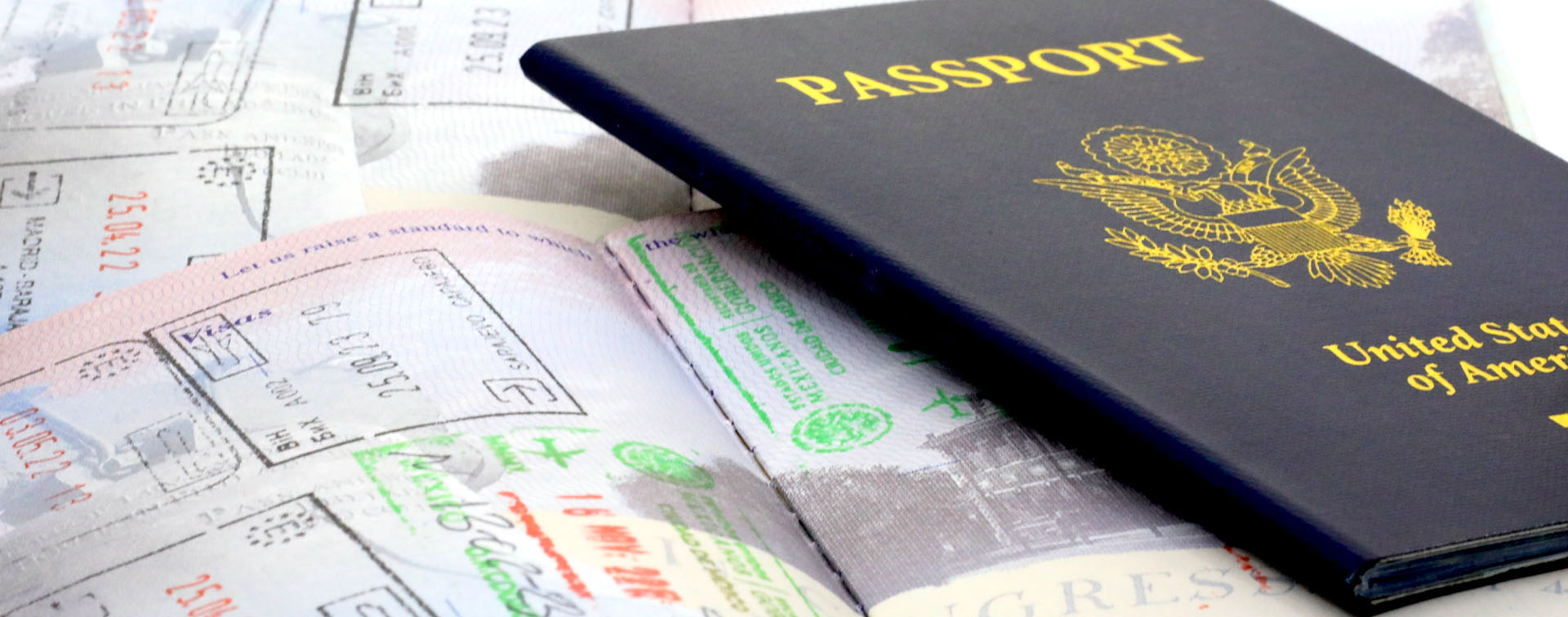
Prof. Peter J. Spiro is Charles Weiner Professor of Law at Temple University Law School.
The USA is suffering political whipsaw. Donald Trump’s return to the White House on 20 January promises a sharp swing away from the last four years of Democratic control. Whatever one thinks of the substance of the President-elect’s policy proposals, he attaches no value to continuity. Many Americans are vigorously opposed to Trump and everything he stands for. They find him disruptive and disreputable, and they are deeply disturbed by his re-election.
Not much about the next few years and beyond is clear. But that very fact makes one thing certain: more US citizens will be looking for security in the form of exit options. Even if the USA is unlikely to suffer civil disorder, many Americans fear further political disturbances, against which they are seeking insurance.
That insurance comes in the form of additional citizenships. The legacy opprobrium historically associated with dual citizenship — it was once compared to bigamy — has evaporated. Today, most Americans understand that there are no legal restrictions on the status. Acquiring an additional citizenship does not put your US citizenship at risk and a growing majority of other countries also accept dual citizenship.

Social norms against dual citizenship are also a thing of the past. It is no longer something to hide, or even be embarrassed about. On the contrary, Americans with dual citizenship are likely to boast about the status. That’s because having more than one citizenship represents real value — even to holders of one of the best passports in the world.
Many who don’t have dual citizenship want it. Americans with grandparents of European origin are checking their eligibility for citizenship by descent in such countries as Ireland, Italy, and Poland. Boutique law practices are meeting the demand (sometimes doubling as travel agents if physical presence helps secure the citizenship, as in the case of Italy). Just as Americans have assimilated the legality of dual citizenship, there is an increasing awareness among educated elites, at least, that one’s more or less recent migrant forebearers may entitle one to another premium citizenship at a low cost.
Of course, the perception that two citizenships are more useful than one was already growing. A US passport paves the way for tourist visits and business meetings, but it doesn’t let you settle. EU citizenship allows Americans to study and work in much of Europe, enhancing life opportunities. If nothing else, at airports it lets you through the automated passport gate.
The Trump reprise magnifies another element of value: political risk insurance. This time around, the stakes are higher. During the first Trump administration, legacy political guardrails were still in place. Now, many are gone. There is a sense that what Trump wants, Trump will be able to get. His political agenda is mercurial, to say the least, and political uncertainty is the result. Americans can no longer take stability for granted. For those to whom Trump is political anathema (and even for some to whom he is a hero), that will supply a sufficient incentive to get serious about pursuing additional citizenships. Many Americans are feeling the need for a Plan B.
Of course, not every American is lucky enough to have a European grandparent. Citizenship by investment is there for the rest. For high-net-worth individuals, citizenship planning is becoming a standard element of diversification.
Furthermore, a perception is growing that residence and citizenship by investment is not only for the very rich. Initiatives such as Portugal’s golden visa program — which smooths a path to citizenship — are within the reach of the American so-called upper middle class. Citizenship by investment is being normalized in US audiences. Expect Americans to be a major source of growth for demand in the near future.
It won’t only be Americans who will have new reasons to secure additional citizenships in the face of recent US political developments. Trump can be fickle with outsiders, too. It is almost certain that he will resurrect the infamous “travel ban”, which he put in place a week after he first took office, early in the new administration. By the end of his first term, travel bans applied in variable respects to citizens of 13 countries, among them Iran, Nigeria, and Syria. The ban precluded targeted nationals from securing permanent residence in the USA as well as a range of temporary-stay visas.
But the bans did not apply to citizens of targeted states if they held an additional citizenship of a non-targeted state. The carve-out for dual citizens made sense. For instance, it is extremely difficult to shed Iranian nationality. Many Iranian individuals with other citizenships are effectively stuck with their Iranian nationality despite having no continuing ties to Iran. But the exemption applied to any dual national holding citizenship of any non-targeted state. A mono-citizen of Nigeria was subject to the bar but a dual citizen of Nigeria and (say) Dominica, was not.
Trump’s first-term track record and the risk of unpredictable, rolling travel restrictions will create significant additional incentives for wealthy citizens of states that have been or could be put in the crosshairs. Adding citizenships has long been the ticket to improved global mobility for those saddled with non-premium passports. Malta’s citizenship by naturalization route remains the gold standard. But cheaper and more quickly acquired investor citizenships will supply another kind of insurance as disadvantaged citizenships become more disadvantaged still. Dual citizenship is looking more like a defensive strategy in the face of continuing global turmoil.
Henley & Partners assists international clients in obtaining residence and citizenship under the respective programs. Contact us to arrange an initial private consultation.

Have one of our qualified advisors contact you today.
We use cookies to give you the best possible experience. Click 'Accept all' to proceed as specified, or click 'Allow selection' to choose the types of cookies you will accept. For more information, please visit our Cookie Policy.